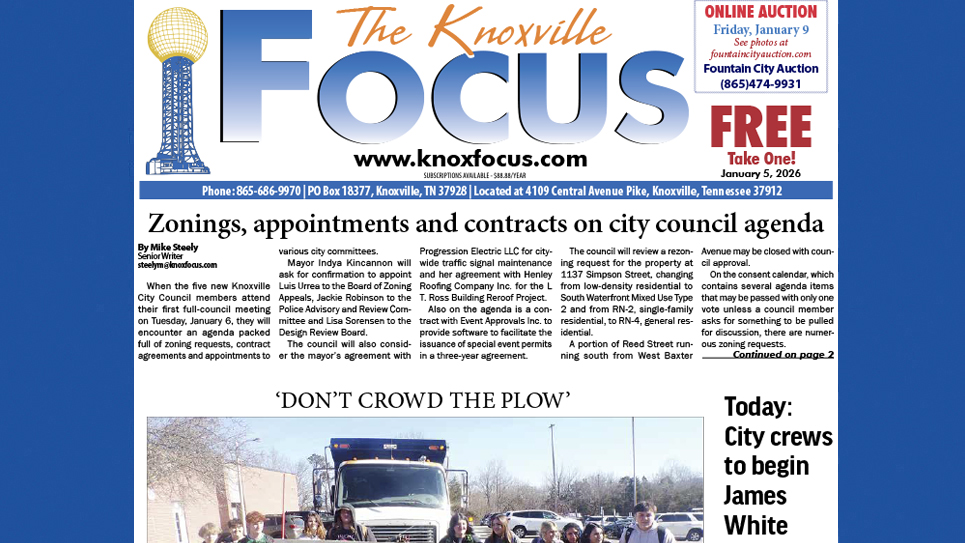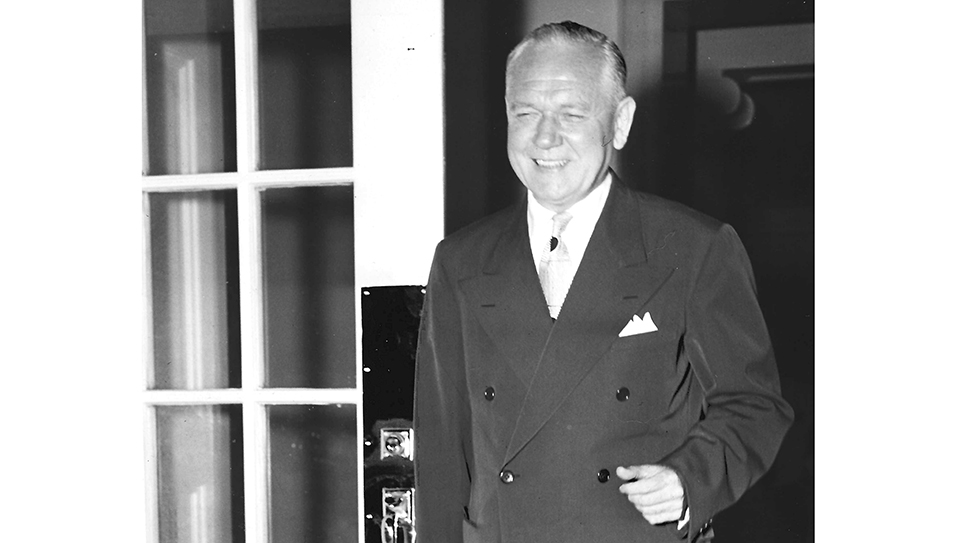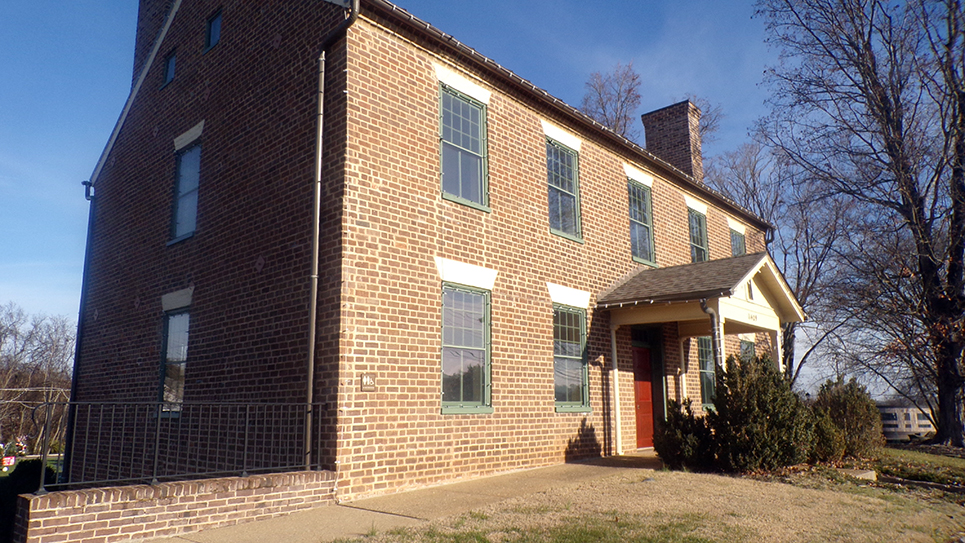It is time to stand up, step up and speak up; we have a country to save.
General Michael T. Flynn
What a relief that “pride” month is over. I do not celebrate the exhibitionists and activists who have unfortunately become the face of the gay community. You have a right to define yourself in private, but there is nothing prideful about cavorting in the public square, especially in front of children. The recent marchers in NYC who chanted, “We’re here, we’re queer and we’re coming for your children,” was the last straw for me. I say, “Hell no!” to these dysfunctional people and the NYTimes and the coven of The View that defended them.
The transgender movement has furthered political division, caused confusion in language, is erasing women’s rights (example: sports and public bathrooms) and is targeting youth with sexual miseducation (twerking drag queen shows in schools and libraries). It has even led to derangement of the medical community promoting gender reassignment surgery and medications for children.
I am a man, but the trans movement has provoked revulsion and the “mama bear” in me. And let me be perfectly clear: heterosexual or homosexual persons are not the problem. The perverted sexual zombies and their supporters, who demand that we accept and celebrate their gender dysphoria, are the problem.
I began this essay on the July 4th weekend, thankful for those who served and are still serving for our freedom. Apparently, I am among the 73% of Baby Boomers who are proud of our country. Unfortunately, only 16% of Gen Zs are proud to be an American. One can see what leftist miseducation in schools, media and edgy bohemian culture is accomplishing. Again, I pledge to pick up the American flag which has been hurled to the ground by leftists.
Among historians, there remains a great debate. Do great leaders bring about history or does history cause great leaders to arise? I’m reading Jon Meacham’s book “And There Was Light, Abraham Lincoln and the American Struggle.” I find it more compelling than Gore Vidal’s novelized “Lincoln.” But more importantly, President Lincoln’s story and the crucible of the American Civil War are again playing out in our current era.
I don’t fancy myself prescient, but in 2010 I wrote an essay entitled “The Barely Civil War.” And I have to admit that we were more respectful of each other and civil in our discourse then, than we are now. We are at war with each other.
There are stunning similarities between Lincoln and the American Civil War, and the civil war that is raging today between President Trump’s populist MAGA movement and progressive Democrats and Washington elites. I am not trying to make the case that President Trump is comparable to President Lincoln or our verbal assaults on each other can be compared to armed conflict that killed 700,000 American soldiers. However, in reading about Lincoln in his era and America today, it is apparent that racism remains the flashpoint.
When our ancestors came to America they found a sparsely populated, vast landscape. This contrasted sharply with heavily populated Europe, but scant land available for the common man. In addition to settlers, it was necessary to import labor to colonial America. This was done by indentured servitude, primarily in the more industrialized north, and slavery in the agrarian south and throughout the Caribbean islands.
If you have never seen the movie “Amazing Grace” you must do so. It is the story of William Wilberforce, a member of the British parliament, who was instrumental in the abolishment of slavery in the British Empire in the 1830s. I was surprised to learn that the British abolished slavery gradually, and the owners of the 800,000 slaves were reimbursed, which was just completed in 2015! And there were no British reparations given to slaves.
Emancipation in the southern United States was deemed financially ruinous in the early 1800s, irrespective of the moral issues associated with the enslavement of human beings. By 1860 in the United States, almost 4 million persons (one in every eight) were slaves, and the vast majority were in the southern states. In no way am I attempting to excuse the repugnant practice of slavery. However, the attitudes in the early 1800s were different from my own attitude and the majority of Americans today.
Perhaps it was necessary to fight a bloody Civil War and end the scourge of slavery in one fell swoop. The Constitutional “great compromise” regarding slavery enabled its passage by the states but did not end slavery. Nor was the 1820 Missouri Compromise successful at limiting the spread of slavery in the Louisiana Territory. Disturbingly, slave owners imagined expanding slavery to more and more states, and throughout the Caribbean. And the disastrous 1854 Kansas-Nebraska Act made attempted separation of the northern and southern states inevitable.
Lincoln grew up as an abolitionist, but as president, his principal focus was keeping the Union together. Lincoln came to believe that the southern secessionists had become implacable enemies of the Union, just like the modern-day leftists have become implacable enemies of America. In the crucible of the Civil War, Lincoln came to the conclusion that the United States was doing penance for slavery and emancipation must come.
“Wokism” is our modern day equivalent of pre-Civil War slavery. This Marxist class warfare philosophy is most simply defined as “being alert to invisible injustices perpetrated against disempowered classes of people” (Vivek Ramaswamy). As a result, “race” and victimhood are seen in everything. In fact, the term intersectionality holds that minority grievances intersect to oppose “patriarchal oppressors.” One person talking to two others might claim victimhood in such a warped reality.
As I read Meacham’s book I thought about President Trump. Like Trump, Lincoln was energized by public speaking and storytelling.
Both came to the presidency as warriors to save the Union, and both were reviled by half of the people. Both were Republicans and opposed destructive Democrats. Both opposed slavery, whether it be in the Confederacy or the modern “government plantation.” Both were imperfect men who loved their country and sacrificed much to keep it together. Lincoln was assassinated. Trump is facing social, political, financial, and personal destruction, if not imprisonment. Like our country, both engaged in an existential struggle.
In 1863 the tide shifted with the fall of Vicksburg and the Union victory at Gettysburg. Perhaps the tide has turned in our war. I think so, but we cannot let up. Power must be taken away from confused and destructive people. It is time for Americans to choose sides and step up.






